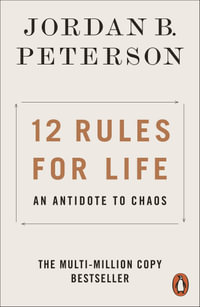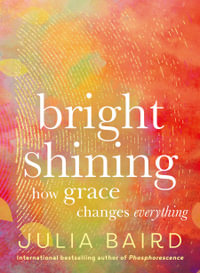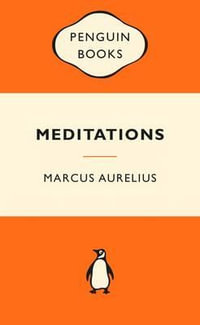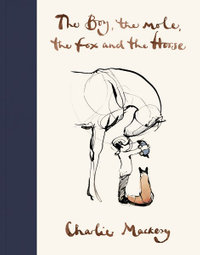In the preface to the second edition of the Science of Logic, Hegel speaks of an instinctive and unconscious logic whose forms and determinations "always remain imperceptible and incapable of becoming objective even as they emerge in language." In spite of Hegel's ambitions to provide a philosophical system that might transcend messy human nature, F lix Duque argues that human nature remains stubbornly present in precisely this way. In this book, he responds to the "remnants" of Hegel's work not to explicate his philosophy, but instead to explore the limits of his thought. He begins with the tension between singularity and universality, both as a metaphysical issue in terms of substance and subject and as a theological issue in terms of ideas about the human and divine nature of Jesus. Duque argues that the questions these issues bring out require a search for some antecedent authority, for which he turns to Hegel's theory of "second nature" and the idea of nature as reflected in the nation-state. He considers Hegel's evaluation of the French Revolution in the context of political and civil life, and, in a religious context, how Hegel saw considerations of authority and guilt sublimated and purified in the development of Christianity.
Industry Reviews
"Duque's undeniable erudition is on full display in Remnants of Hegel. Throughout this book, Duque deftly and subtly shifts between and analogizes metaphysical, political, and religious frames with the ease of a scholar who knows the material deeply and intimately ... there is much food for thought within its pages." - Reading Religion
"Felix Duque is arguably the most important living philosopher in the Spanish-speaking world." - Phenomenological Reviews
"This is the work of an important philosopher, with a lifetime of ideas and research to draw on. It is a great book on Hegel and a great book of philosophy in its own right." - Jay Lampert, author of Deleuze and Guattari's Philosophy of History
"As a contribution to the field, this book does the admirable work of bringing to the fore the interrelated problems of religion and death as fundamentally philosophical problems. The author is refreshingly well versed in theological debates surrounding the Eucharist and their philosophical import for Hegel. There is much insight here for scholars, especially of the analytic, anti-metaphysical school of Hegel studies. They may not walk away convinced that Hegel's metaphysics is mediated by religion, but they will certainly see the plausibility of such a reading. For other Hegel scholars, the book is a treasure trove of insightful ways of framing Hegel's project." - Brent Adkins, author of Death and Desire: In Hegel, Heidegger, and Deleuze
























